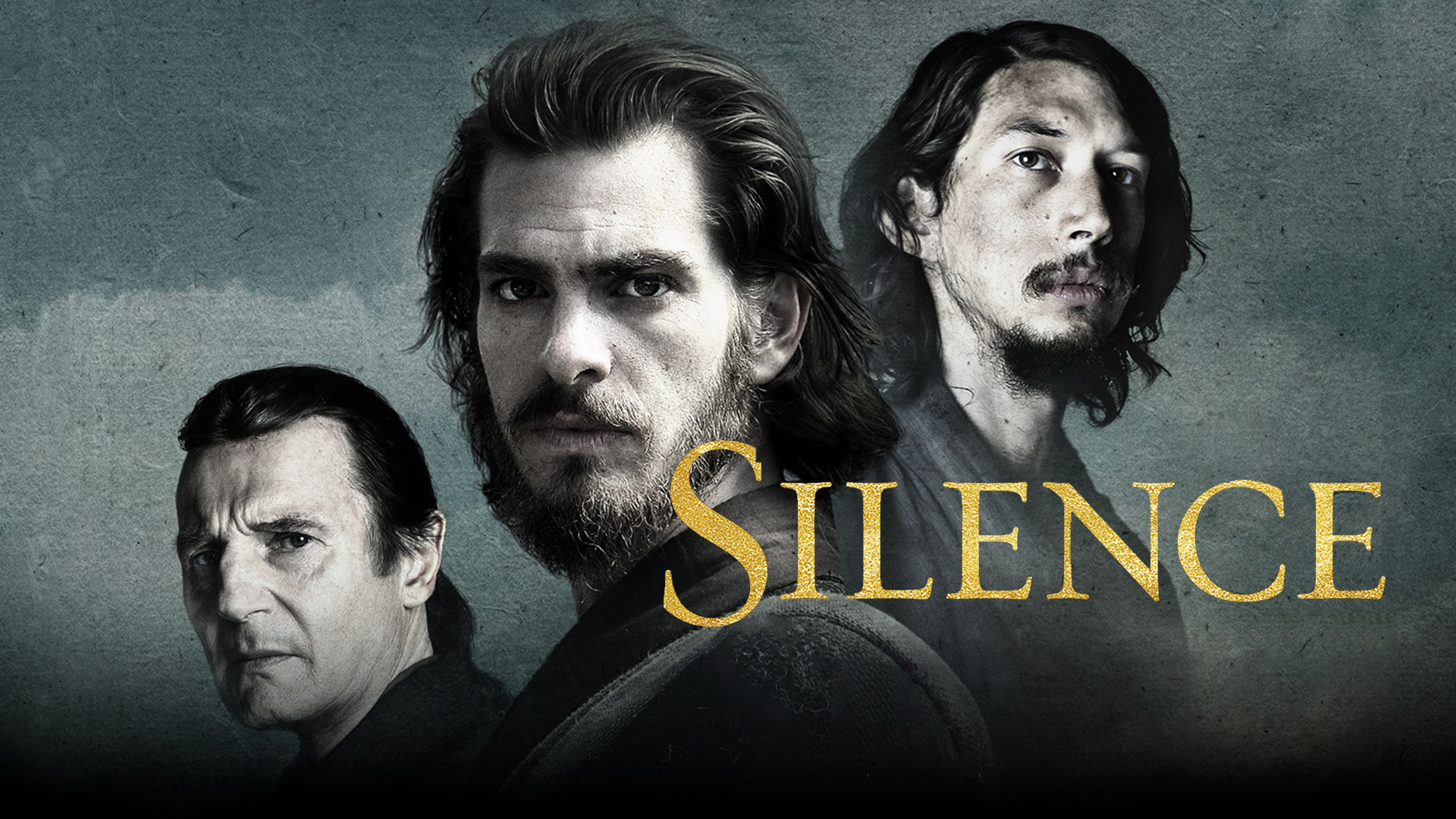
Martin Scorsese’s Silence (2016) is not a conventional historical drama—it is a deeply meditative and visually striking exploration of spiritual endurance, the limits of belief, and the agonizing silence of God in the face of human suffering. Based on the 1966 novel by Shūsaku Endō, the film is as emotionally wrenching as it is intellectually provocative.
Set in the 17th century, Silence follows two Portuguese Jesuit priests, Father Rodrigues (Andrew Garfield) and Father Garrpe (Adam Driver), who travel to Japan in search of their mentor, Father Ferreira (Liam Neeson), who is rumored to have renounced his faith under torture. They enter a country where Christianity is outlawed, and Christians are brutally persecuted by the Tokugawa shogunate.
As Rodrigues witnesses the horrific treatment of Japanese Christians—many of whom are simple farmers devoted to their faith—he grapples with his own role in their suffering. The film challenges him, and the audience, to consider whether religious martyrdom is heroism or hubris.
The central conflict builds not through battles or miracles, but through unbearable moral tension: Should Rodrigues apostatize to save lives, or stay true to his beliefs and let others die for his cause?
The silence in Silence is not just auditory—it is spiritual. God’s silence in the face of human agony becomes the central crisis of faith for Rodrigues. The film masterfully examines the clash between Western missionary zeal and Eastern cultural resilience. While the priests see their mission as divine, the Japanese inquisitors view it as cultural imperialism masked in compassion.
Scorsese, a devout Catholic himself, doesn't provide easy answers. The film walks a fine line between condemning religious arrogance and celebrating personal conviction. By the end, even the apparent loss of faith is framed with deep complexity, asking whether silent belief might survive in hidden, humble forms.
Rodrigo Prieto’s cinematography is breathtaking. Misty mountains, candlelit hovels, and the brutal beauty of the Japanese coast frame a narrative that feels at once intimate and epic. The visual silence is as powerful as the spoken dialogue.
Andrew Garfield delivers a transformative performance—tender, proud, and slowly unraveling under the weight of his conscience. Liam Neeson’s Ferreira adds a tragic philosophical layer, revealing the toll that moral compromise takes on a man once full of certainty.
Silence is not an easy watch—it’s slow, philosophical, and morally agonizing. But it is also a masterpiece of spiritual cinema, a film that dares to ask impossible questions and leaves the viewer pondering long after the credits roll. It is, perhaps, Scorsese’s most personal and least commercial film—and in many ways, his most profound.

